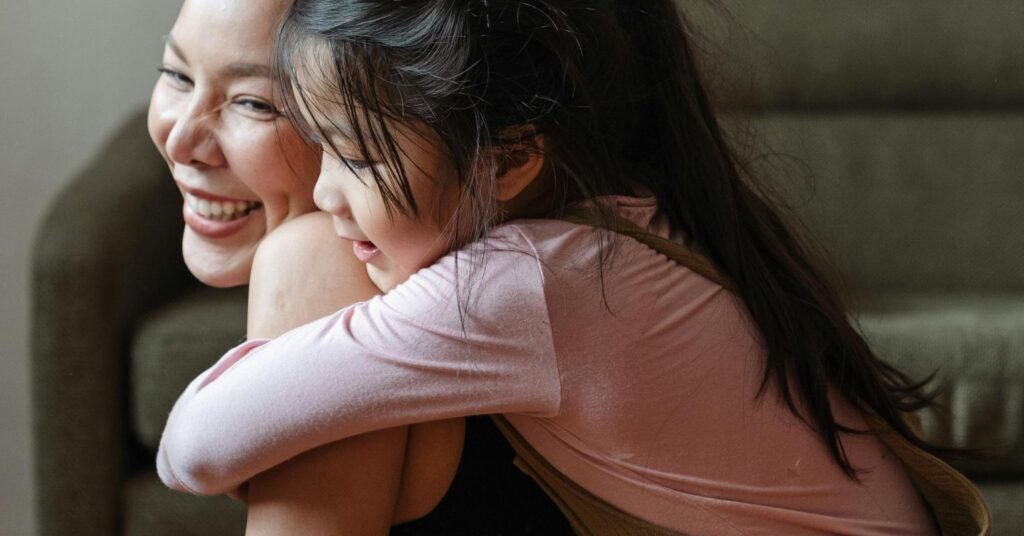If you are a fan of animated shows, you must have come across the popular Australian cartoon series called Bluey. Developed and written by John Brumm, Bluey follows the adventures of a family of blue heelers (Australian cattle dogs) living in a city populated by dogs.
While targeted towards preschoolers, Bluey stands out as more than just a typical children’s cartoon. Through its episodes, Brumm subtly addresses the adults in the audience, offering a unique perspective on the importance of play in family dynamics. The emphasis on play within the show is undeniable.
Initially, the idea of incorporating extensive play into daily routines may seem overwhelming. The thought of turning every activity into a game may raise eyebrows. However, as one delves deeper into the episodes, a sense of amusement and realization sets in.
Research consistently supports the significance of play in child development. Studies spanning over a century have highlighted the positive impact of unstructured play on children’s motor skills, cognitive abilities, and emotional well-being. Play has been linked to attachment, language development, and behavior regulation.
Defined by Dr. Stuart Brown, play encompasses activities that are purposeless, voluntary, enjoyable, immersive, spontaneous, and evoke a desire to continue. While adults may not engage in pretend play as readily as children, the benefits of play extend to individuals of all ages, including improved health, empathy, and creativity.
By infusing elements of playfulness into daily interactions, adults can experience immediate and profound results. Simple changes in language and approach can transform mundane tasks into engaging experiences for both parents and children.
Through playful interactions, families can foster connection, enhance communication, and create moments of joy and laughter. Playfulness not only energizes both children and adults but also strengthens the bond within the family unit.
Ultimately, Bluey serves as a reminder of the importance of play in our lives. While the show’s portrayal of play may seem exaggerated, its underlying message resonates with the research findings on the benefits of incorporating playfulness into daily routines.

